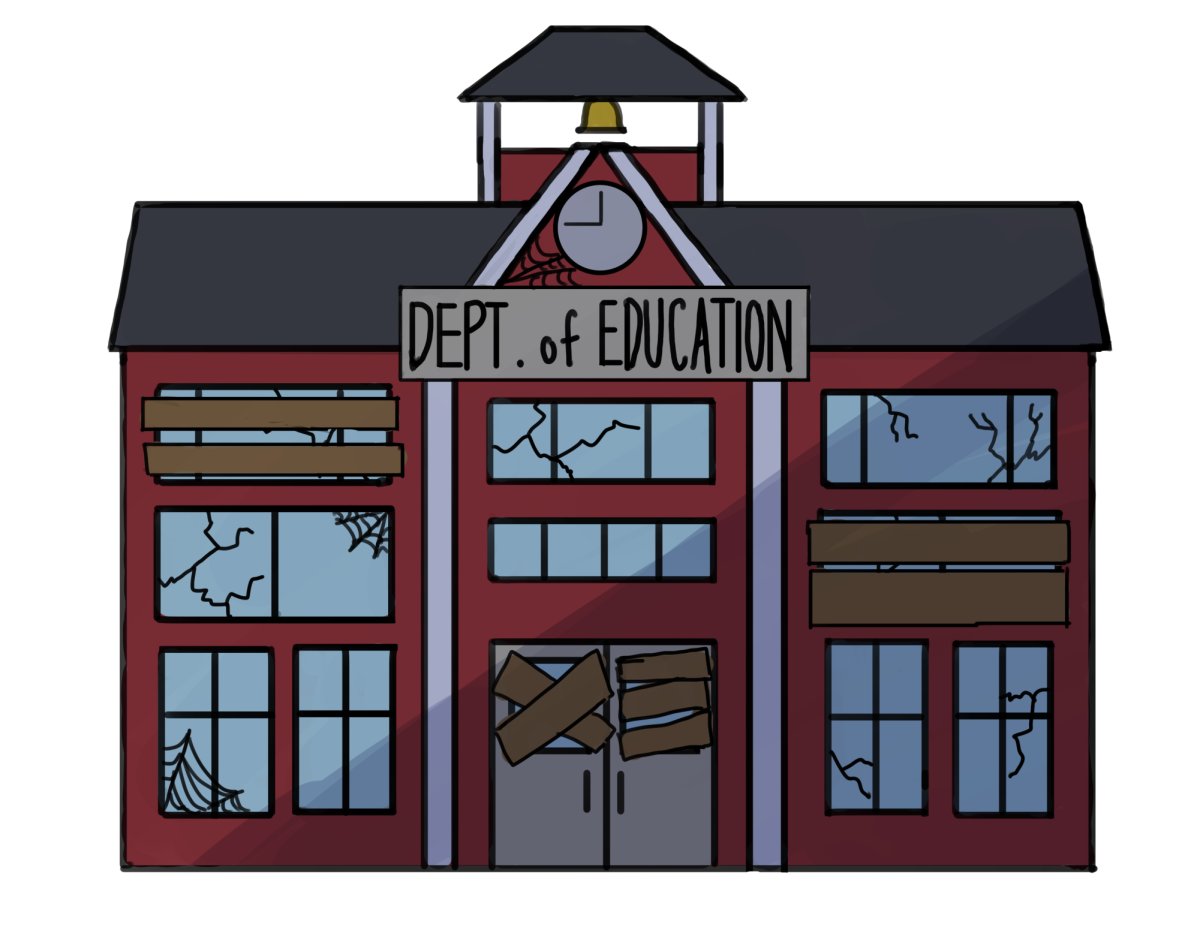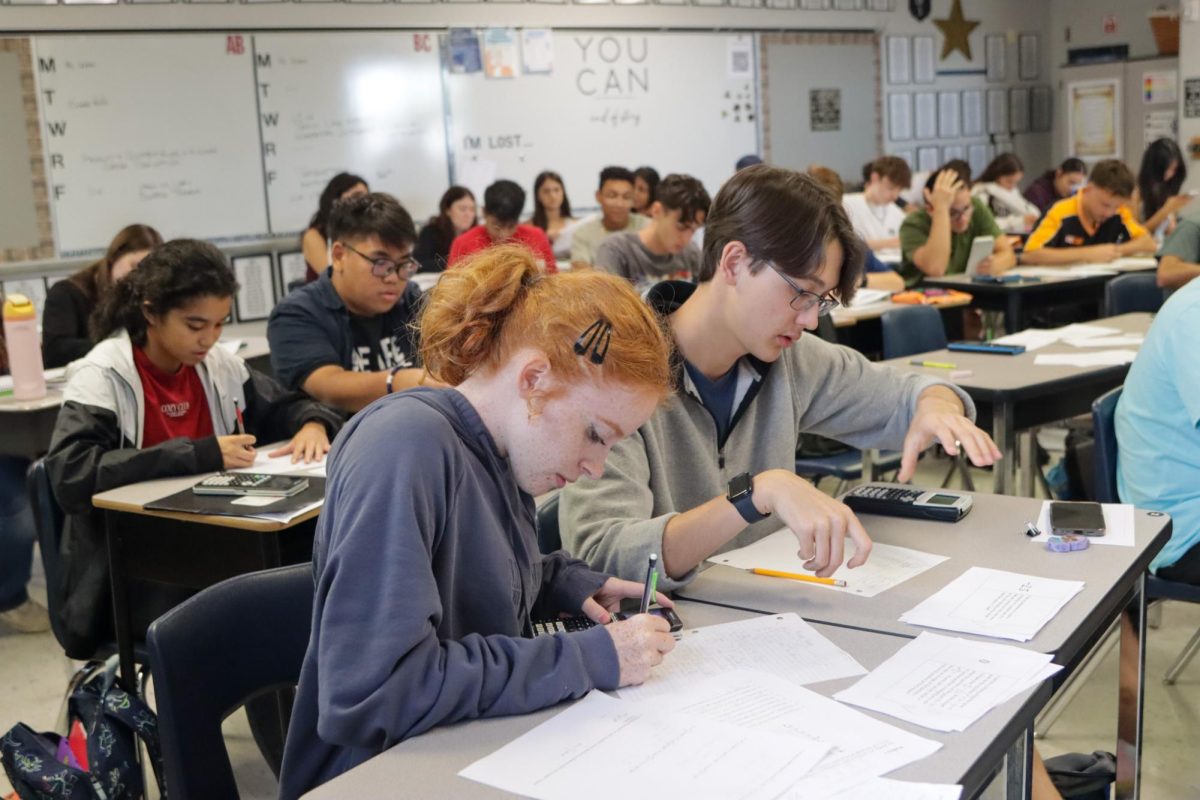Seeing the words “the Department of Education is shutting down” in any news headline is enough to scare students, parents, teachers and administration alike. But what would the abolition of the DOE mean?
Federal education laws won’t be fully dissolved, but the states would get increasingly more power. In Florida, a heavily conservative state, this means that students would feel more of the impact than those in a liberal state, which would be more likely to implement policies to ensure that there are protections in place for the current federal programs and laws.
While the majority of educational funding comes from state, local and private sources, and federal funding makes up only roughly eight percent received by elementary and private schools, the department oversees school lunch programs, as well as Head Start, a program that provides support to students and families that need it.
One of the main programs at risk is funding for special education under the Individuals with Disabilities Education Act, since if the DOE was eliminated, these grants would be given to states as block grants, giving states and local school districts the ability to use the money in whatever way they see fit. Without the safeguards and accountability of a federal overseer, there is no way to ensure that federal funding will be able to go towards the programs that need it most.
Since impactful programs like Free Application for Federal Student Aid are held under the umbrella of the DOE, it is understandable for students to be concerned about the future of programs they heavily rely on. However, it is likely that financial aid programs like student loans, Pell Grants and work-study would be absorbed into another department like the Treasury Department, amidst the DOE’s closure.
All of this points to a greater question—why is this even happening?
Before taking office, President Donald Trump had stated that he believed federal education policy should be limited, and the DOE eliminated because it was overrun with “radicals and Marxists.” While it would be one thing if any federally backed curriculum centered on a political ideology, there is absolutely no basis for Trump’s claim other than to echo a radical conservative opinion that education is pushing a “woke agenda.”
The abolition of the DOE shows a greater trend in trying to minimize government spending, which is also seen in the Department of Government Efficiency, headed by Elon Musk, and limit federal influence on school curriculum, but instead reveals Trump’s need to end any programs that he cannot control or that do not align with his ideology.
In addition to wanting the DOE to close, Trump signed an executive order to promote school choice, which directs the DOE to prioritize federal grants to be used as elementary and secondary school scholarships at private and charter schools. School choice has already become increasingly popular in Florida, as public schools are losing funding in order to provide these discretionary grants, but school choice would become widespread throughout the country, causing public schools to lose even more funds.
It goes without saying that the United States education system is far from perfect. It could absolutely benefit from change, including the creation of more effective pathways and support for students from school to college to career. But leaving education entirely to the states and dissolving federal education requirements will cause more problems than we already have. Instead of finding a way to re-implement programs that already exist at the federal level, educational officials should be focusing on ways to increase test scores and attendance in schools rather than abandoning federal education safeguards and public schools altogether.








Shirley M Oliver | Feb 20, 2025 at 10:38 pm
Very true, please make new changes.